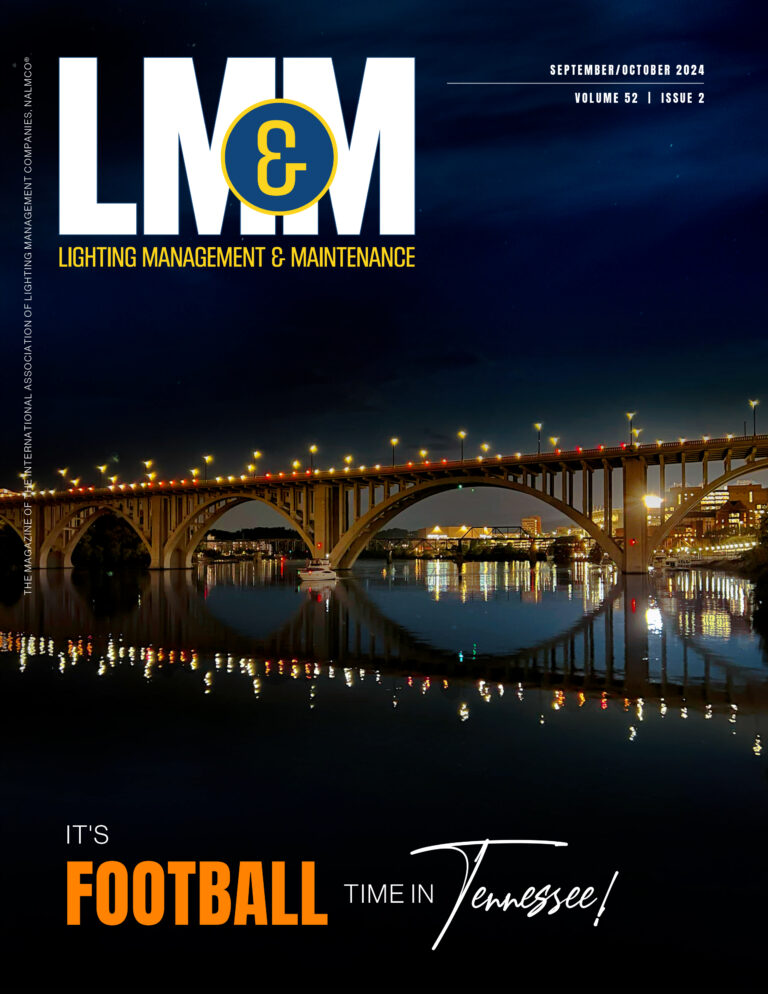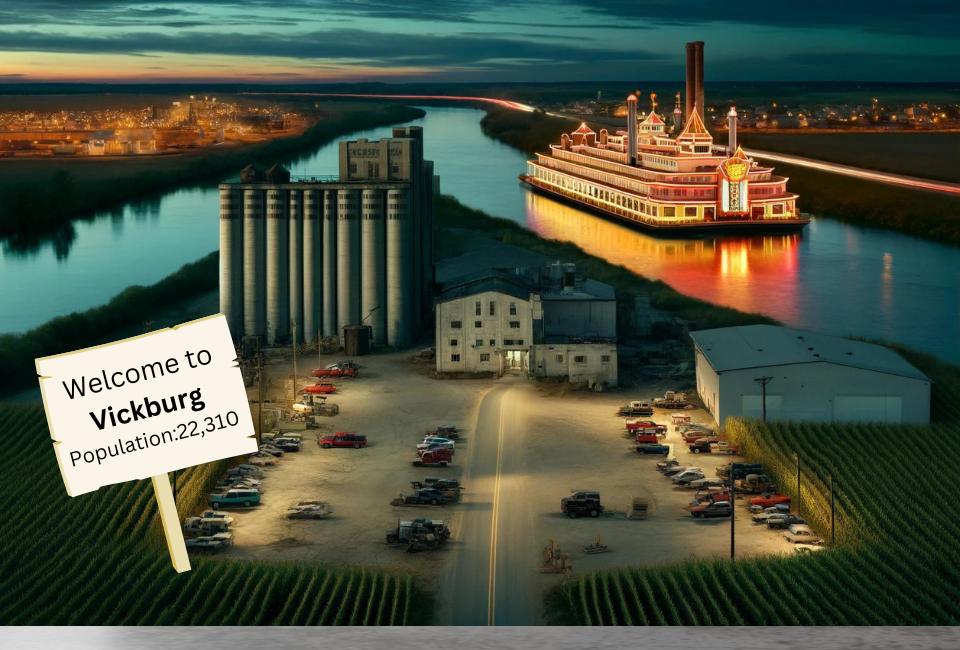The End of an Era: Cooper Lighting Solutions Closes Vicksburg Factory
For over a quarter of a century, the possibility of closure hung like a shadow over the Cooper Lighting Solutions factory in Vicksburg, Mississippi. This once-bustling manufacturing facility, which spanned a massive 450,000 square feet and employed up to 1,800 people at its peak, has now dwindled to a workforce of just 120. The closure, which will begin around September, marks a significant shift in the town’s economic landscape, one that reflects broader trends in global manufacturing and corporate strategy. The plant is expected to be completely closed by April 2025.
A History of Gradual Decline
The seeds of the former Westinghouse plant’s eventual demise were sown in the late 1990s, when Cooper Lighting began transferring production lines to its facility in Juarez. Each transfer increased the cost burden on the remaining products made in Vicksburg, making them appear less profitable. This cycle of transferring and increasing overheads mirrored the experiences I had at MagneTek’s HID plant in Blytheville, Arkansas, where I served as HID product manager. The more products that we moved to Mexico, the more justification there was to continue moving operations—a self-fulfilling prophecy of industrial demise.
Over the years, your humble editor sold Cooper some HID ballasts in small quantities, as they were one of the few companies to build their own HID ballasts. Every year, I would make the pitch to their GM at the time; I think his name was Brooks Heller. Every year, he and his team would politely listen and within a week they would give us their answer. No. Some Cooper friends at the time explained it was really just a benchmarking exercise to ensure their ballasts were competitive.
Investments and Innovations
Despite the challenges, Cooper made significant investments in the Vicksburg facility, converting operations to manufacture LED lighting and, for a time, producing the highly profitable Ephesus Sports Lighting. However, these efforts were not enough to sustain the plant’s viability. Key product lines such as roadway lighting and floodlights had already been shifted to other facilities, leaving only poles and some low-volume products until the end.
A Disturbing Sign that I will Never Forget
It’s funny some of the things you remember from 30 years ago.
The first casino in Vicksburg opened its doors in June of 1994, and it was around that time I found myself in town for my annual business pitch. After a night at what was perhaps Vicksburg’s finest hotel, I headed to the Cooper plant, dressed in a crisp tie, and with polished shoes, I was ready for the day. After our morning discussions, we decided to grab lunch at the newly opened casino—a trip we made in my company car, the bill of which would be neatly filed under my company expenses.
However, what was meant to be a routine lunch took a jarring turn when I encountered the casino sign that struck a nerve. It read: “Cash your paycheck here and get $5 in free chips.”
This promotion, seemingly innocuous, would play into the vulnerabilities of the hard-working, underpaid factory workers, many of whom endured long hours in non-air-conditioned environments only to earn a few hundred dollars per week. The thought of them getting $5 in free chips and having that cash in their wallet was deeply offensive. I could just imagine these laborers blowing an entire week’s pay in one night.
This experience also highlighted the extent of my blessings and good luck, a reminder of “there but for the grace of God go I.”
Today, as the Cooper plant prepares to shutter, those Vicksburg casinos remain open and now among the better-paying employers in the area. This shift underscores a poignant irony—the persistence of gambling facilities thriving in the very place where traditional manufacturing has faltered.
It’s funny some of the things you remember from 30 years ago.




